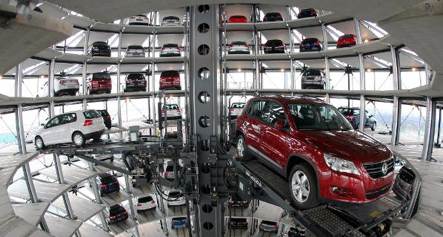VDA President Matthias Wissmann told the press in Frankfurt that the “wreck bonus” was already causing a noticeable upturn in new car sales in Germany, although sales figures for January are not yet available.
Under the new rule, which is designed to encourage the sale of newer, more fuel-efficient cars, people who dispose of an at least nine-year-old car this year are entitled to a €2,500 bonus when buying a new car.
“Thanks to the speedy and uncomplicated introduction of the bonus, as well as the new clarity in the CO2-based car tax, customers are able to plan the buying of a new car in the long-term with fewer worries,” Wissmann said.
“People are going back into car dealerships, and the willingness to buy cars is growing,” he continued, “These are encouraging signals of a growing stability in the still difficult domestic automobile market.”
According to the VDA, the average age of cars on German streets is over 8.5 years. If this could be reduced by one year, it is thought that 800 million litres of fuel, or 2 million tonnes of carbon dioxide, could be saved annually.



 Please whitelist us to continue reading.
Please whitelist us to continue reading.